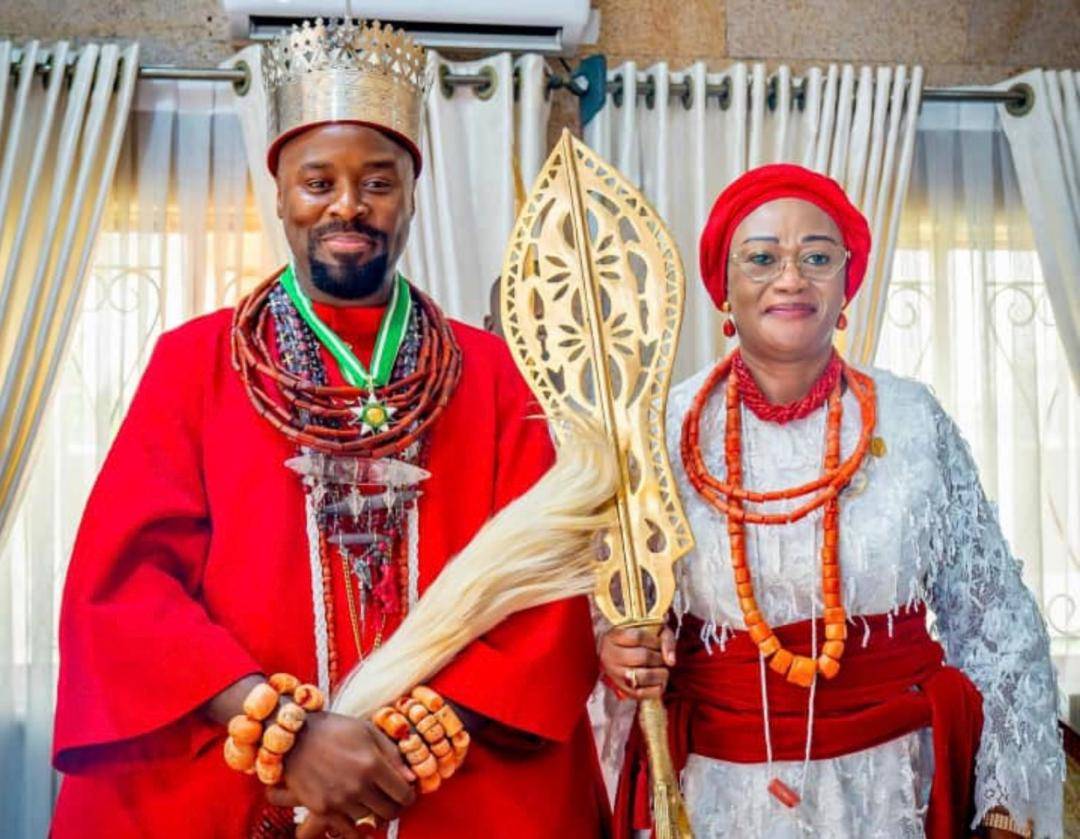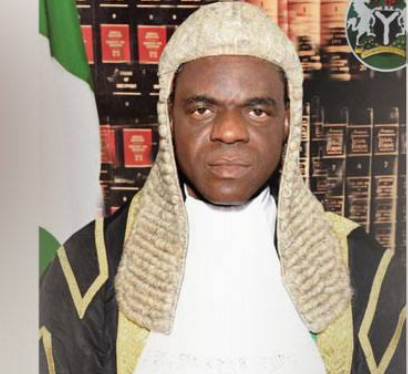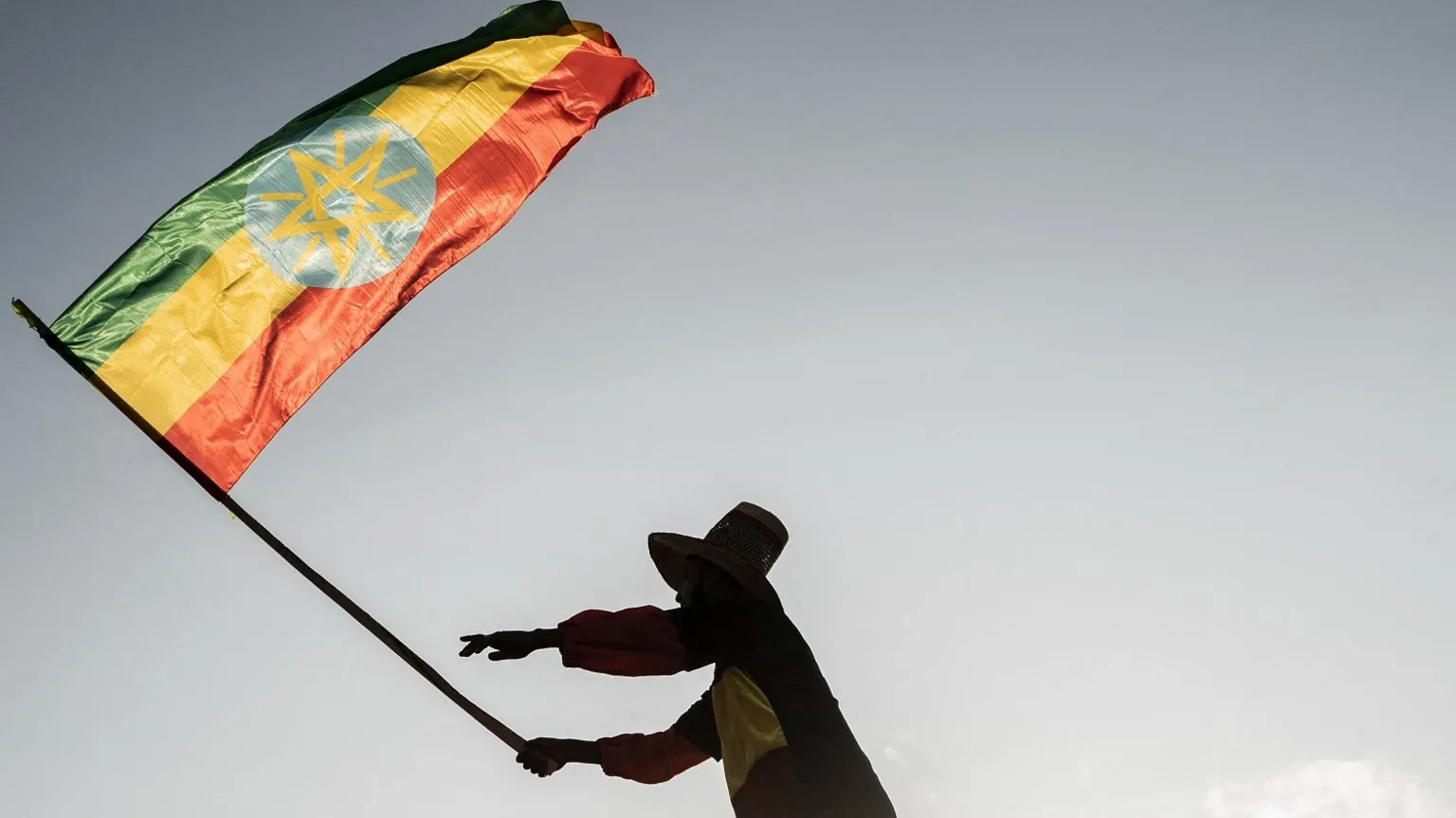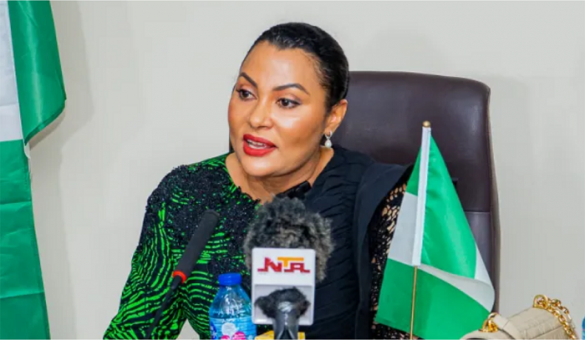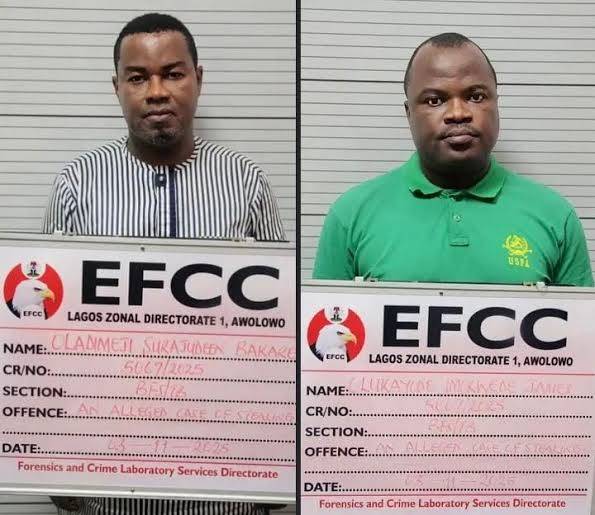By Quadri Moyosore Adelanwa
Introduction
In recent years, social media Influencers have become a powerful force in shaping consumer behaviour, with millions of followers hanging on their every post. However, a darker side of this phenomenon has emerged with some influencers promoting counterfeit or unreliable products to their unsuspecting audiences. In Nigeria, this trend has alarming consequences as consumers may be exposed to substandard or even dangerous products or services.
In a bid to curtail the extent to which social media users are exposed to harmful products and services, this article examines the legal liability of social media influencers in Nigeria who promote counterfeit and unreliable products or services within the purview of the existing legal framework.
2.0 Legal Framework
1. Advertising Regulatory Council of Nigeria Act, 2022: The Act empowers the Advertising Regulatory Councils to oversee and control advertising activities in all their ramifications with the aim of safeguarding consumers against racketeering. It also ensures that all advertising material exposed to the Nigerian market, including social media platforms like Facebook, Instagram, and Twitter (now known as X App), among others, by individuals, including social media influencers and content creators, is appropriate, lawful, truthful, and free of any kind of misinformation[1].
It is important to note that the Act requires registration for every individual, business, or organization that plans to engage in or will continue to engage in marketing and advertising communications within Nigeria, whether online or in brick-and-mortar stores[2]. However, based on Section 40 of the Federal Republic of Nigeria’s Constitution, which guarantees the right to freedom of association, it is this writer contention that social media influencer cannot be forced to register with the Advertising Council. Attempting to do so would be tantamount to pushing forward by forcing people who are not willing to be members to becoming a member. See Advertising Practitioners Council of Nigeria (APCON) v. The Registered Trustees of International Covenant Ministerial Council (ICMC) & ORS (2010) LPELR-3630(CA). The provision of section 40 was reiterated by Habeeb Adewale Olumuyiwa Abiru, JCA in Abdullahi v. Sabuwa & ORS (2015) LPELR-25954(CA), when the court held thus:
“The right to assemble freely and associate with other persons entrenched in Section 40 of the 1999 Constitution gives every citizen a right to choose the Association he wants to belong and he cannot be mandated to belong to any Association against his choice. (Pp 29 – 29 Paras B – E)
One may be curious to ask: do the activities of social media influencers towards promoting a certain product or service translate to advertising or marketing within the purview of the Advertising Regulatory Council of Nigeria Act? The answer is in affirmative. Reason being that Advertisement as defined in the Act[3] means: a notice, announcement, exposure, publication, broadcast, statement, announcorial, informercial, commercial, hype, display, town cry, show, event, logo, payoff or trademark to promote, advocate, solicit, showcase, endorse, vote or support a product, service, cause, idea, person or organisation with the intention to influence, sway, actuate, impress, arouse, patronise, entice or attract a person, people or organisation by an identified sponsor irrespective of media, medium or platform;
Furthermore, Advertiser for the purpose of the application of the ARCON Act is not restricted to an individual who has registered with the Council but means: a person, private or public organisation that causes, requests, directs, or pays for an advertisement, advertising or marketing communications ideas to be created, developed, produced, executed, expose or that takes benefit of advertisement, advertising, and marketing communication services;
From the forgoing and from the use of ‘irrespective of media, medium or platform’ in the definition of advertisement, the definition covers social media platforms, in addition to the more traditional mass media like radio and television; and the activities of social media influencer in marketing a product involves hype, display, solicit, showcase, of a product, and services with the intent to entice or attract people online towards patronizing the producer or retailer of the product.
Without a doubt, Mr. Macacaroni’s video advertisement for 1xBet on his Instagram wall is essentially an announcement and request meant to persuade or draw in social media users towards patronizing 1xBet.
Unlike the Advertising Practitioner’s (Registration, etc.) Act, which has now been repealed by the Advertising Regulatory Council of Nigeria Act, 2022, the Act does not only regulate the activities of advertising practitioners but rather the advertising and marketing activities of individuals who are not advertising practitioners. The repealed Act is restricted in its application, from the long title of the repealed Act, it stated that the Act “…Make Provisions for the Regulation and Control of Advertising, Ensure the Protection of the General Public and Consumers, Promote Local Content and Entrench the Best International Practices; and for Related Matters.” Also, in MIC Royal Ltd v. APCON (2018) LPELR-45314(CA) and Advertising Practitioners Council of Nigeria (APCON) v. The Registered Trustees of International Covenant Ministerial Council (ICMC) & ORS (Supra), the court held that the repealed APCON Act is only applicable to Advertising Practitioners’, this will not be the case in the new enactment, base on its overreaching or encompassing provision.
2. Consumer Protection Laws: The Federal Competition and Consumer Protection Act (FCCPA) is Nigeria’s most expansive consumer protection statute. FCCP Act aims to reduce the risk consumer might expose to from the consumption of certain items and other services rendered and it further ensure that the offending individual[4] or company provides compensation and relief to injured consumers. In light of achieving its aim and curtaining illicit and unchecked advertisement of consumer products, the FCCPA prohibits misrepresentation of products or services by an individual, including a social influencer, acting on behalf of the producer or supplier of consumer goods[5].
Cybercrime Laws: The Cybercrime (Prohibition, Prevention, etc.) Act 2015 addresses fraudulent activities online, including deceptive advertising by influencers. The Cyber Crime Act prohibits computer-related fraud in the form of misrepresenting facts online that cause damages or loss to another person upon reliance on the misrepresented facts[6]. To put it in perspective, if Coinswap, via their online social media handle, claimed that anyone investing one million naira on their platform would receive two million the following week—a claim that is actually meant to deceive people—and Adekule Silver chooses to invest one million naira and discovers that the following week he not only does not receive the two million naira but also loses all of his money, Coinswap has committed a computer-related offense.
If any social media influencer did any advertisement or shout-out (so to speak) for any platform that intends to commit computer-related fraud or did commit computer-related fraud, such influencer is liable for aiding and abetting[7]. Though intention is crucial to establish if indeed the influencer intend to aid the principal offender.
3.0 Obligations of Influencers
Due Diligence: What due diligence, as used in this context, underscores is that social media influencers or promoters are expected to verify the authenticity and quality of products before promotion. Promoting a product or service is a big deal that requires going over the board to hire a professional, such as a lawyer, to carry out a background check on whether the company producing the product to be promoted has the requisite license. For instance, if a loan app has the necessary CBN license and is registered with the Corporate Affairs Commission; employing the services of a health expert in investigating the health implications of a product is pivotal. Aside from engaging the services of a professional body, it is advisable for influencers to carry out background checks on any company or organization intending to engage them to advertise their product or services, including going through the website of the company, confirming the registration number of the company and other necessary verification that does not require some special skills. In some cases, the online marketer should cautiously use the product or services he is about to market to the consumer online and verify the authenticity of the product.
Disclosure Requirements: For the purpose of maintaining transparency and serving as a beacon to the consumer, it is very crucial for digital marketers, such as social media influencers, to disclose their relationship with the brand they intend to promote. Where necessary, influencers in the course of online marketing should include a disclaimer.
4.0 Legal Consequences
Civil Liability: Influencers can be sued for damages by consumers who suffer losses from counterfeit or deceitful products. The FCCPC Act provides that if a business or its representative, such as a social media influencer, makes false, misleading, or deceptive claims about goods or services, the person making the representation is liable for damages and must provide monetary restitution to any consumer who suffers damage[8]. Generally, the FCCPC Act does not mention if the representative of a certain product will only be liable if he has done the act intentionally. This invariably means that even when, without intention or prior knowledge, a social media influencer misrepresents a product or promotes a product that is harmful to the consumer, he will still be liable. This is why due diligence is very important. But on the other angle, one may bring up the argument that if he doesn’t intend the outcome, a social media influencer should not be held liable.
Criminal Liability: Engaging in deceptive advertising can lead to criminal charges, including fines and imprisonment. A social media influencer who, in most cases, did not register as a professional advertiser, if they violated or contributed to the violation of the guidelines and provisions contained in the Advertising Regulation Act, is liable to a fine up to N500,000[9]. With respect to committing computer-related fraud, if social media influencers intentionally and with full knowledge aid or, albeit, the commission of fraud online through the channel of representation and online marketing, they will be liable as if they had committed the principal offense[10].
5.0 Enforcement and Challenges
Regulatory Bodies
The Advertising Tribunal (‘The Tribunal’) established by the Advertising Regulation Act has jurisdiction over people who commit offenses under the Act.[11]; The Tribunal has the power to issue a search warrant and where the circumstances warrant it[12], apply the provisions of the Administration of Criminal Justice Act[13]. Anyone aggrieved by the action or inaction of any influencer that is in contravention of the provisions of the Advertising Act may either report to the Police or to the Tribunal, who will then investigate the matter and deliver the necessary judgment, and the judgment can be appealed. An appeal against the judgment of the Tribunal goes to the Court of Appeal[14]. Additionally, the Act makes provision for dispute resolution between disputing parties[15]. The enforcement procedure is similar to that contained in the FCCPC Act.
2. Challenges
3. Difficulties in enforcement include identifying responsible parties. In the wide world of cyberspace, people sometimes conceal their identities from one another. Even when they do, it might be difficult to find their actual existence. Because of this, a large number of people who have committed felonies related to advertising have gone unnoticed. In addition, some of these people are located overseas, which makes it challenging for enforcement agencies to identify alleged offender or carry out enforcement activities; this an indication however, that Nigeria enforcement agencies needs to step up their intelligence.
4. Proving intent or negligence: In criminal offences, intention, otherwise known as mens rea, is an important element for proving an offence. Deducing the intention of a social media influencer is a herculean task. Due diligence is often lacking, and social influencers end up endorsing a product they have no knowledge of, which might mislead or cause harm to the public. In certain instances, however, they are aware of this. How then will the prosecutor or investigator deduce if the social media influencer intends action for him to be liable? With respect to intention Per Clara Bata Ogunbiyi, JSC in Kolo v. C.O.P (2017) LPELR-42577(SC) stated thus:
“It is pertinent to say at this point that the word intention is subjective and is within the mind of the very individual possessing it. It is often said that even the devil does not know the state of a person’s mind as it is the state of his heart completely within his own knowledge to the exclusion of all else. The Collins Learner’s Dictionary Concise Edition has defined intention thus: – “An intention that you have is an idea or plan of what you are going to do.” The word intention being subjective in nature therefore can be inferred from the conduct of a person by manifesting through his action.”
6.0 Conclusion
From the findings above, non-regulatory compliance and a lack of due diligence are major factors fueling the promotion of products or services in cyberspace by social media influencers, which expose consumers to the vulnerability of promoted products or services. Associated risks emanating from the actions of social media influencers include exposing consumers to data breaches, financial risks, and health risks, among others. In recent times, a particular influencer promoted Jenny’s Glow, a skincare brand that has been considered harmful to consumers. Therefore, social media influencers in Nigeria must be aware of their legal responsibilities when promoting products. Adhering to consumer protection laws and conducting due diligence can mitigate the risk of legal liability for promoting counterfeit or deceitful products.
[1] S. 8 Advertising Regulatory Council of Nigeria Act, 2022
[2] S. 21 ARCON Act
[3] S. 63 ARCON Act
[4] S. 17(x) FCCPA
[5] S. 17 (z) FCCPA
[6] S. 14(2) Cyber-crime Act.
[7] S. 27(1) Cyber-crime Act.
[8] S. 125 FCCPC Act
[9] S.
[10] S. 27(1) Cyber-crime Act.
[11] S. 37 & 41 ARCN Act
[12] S. 45 ARCN Act
[13] S. 46 ARCN Act
[14] S. 47 FCCPC Act
[15] S. 52 FCCPC Act




